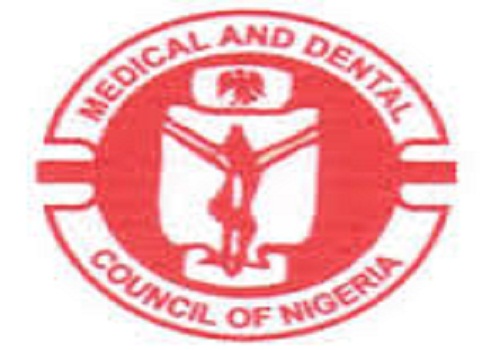Health professionals have asked the federal government to set a mandatory limit to the salt content of processed foods to safeguard the health of Nigerian citizens.
Against the background of increasing cases of deaths from cardiovascular diseases, the stakeholders said that relevant regulatory agencies such as the National Agency for Food and Drug Administration and Control (NAFDAC) and Nigerian Standards Organization should wake up to their responsibilities to check excessive input of salt in commercially processed foods.
They said the measure had become urgent since the abuse in salt intake is associated with health dangers such as sudden deaths resulting from heart attack, stroke and other health complications.
Speaking at a Media Round Table organised by the Network for Health Equity and Development (NEHD), in Abuja, a medical doctor and health policy analyst, Dr. Jerome Mafeni said that high sodium consumption (2g per day equivalent to 5 g of salt per day) contributes to high blood pressure and increases the risk of heart disease and stroke.
He said that each adult is expected to consume not more than a tea-spoonful of salt daily.
According to the health expert, an estimated 17.9 million people died from cardiovascular diseases (CVDs) in 2019 representing 32 per cent of all global deaths.
He said that over three-quarters of CVD deaths take place in low-and-middle-income countries.
Mafeni said that high blood pressure is a major risk factor for cardiovascular diseases, especially heart attack and stroke.
He said that the campaign to reduce salt content in commercially produced foods in Nigeria aimed at safeguarding the health of Nigerian citizens has become necessary if the country is to curb the health dangers.
He called for CSO collaboration with the Federal Ministry of Health to incorporate key strategies for salt reduction into the existing national policy on food safety and quality.
In addition, he said that there should be engagement with NAFDAC to plan and develop or adopt a mandatory regulation for salt limit targets.
Other strategies suggested by Mafeni included the building a coalition of CSOs to sensitise, mount pressure and support the government for timely action to establish mandatory food targets, collaboration with media to create public awareness on the dangers of high salt consumption and sensitise policymakers for enacting necessary policies and regulations.
Country Director of NHED, Dr. Emmanuel Sopko said the round table event was meant to draw attention to the rising danger posed by excessive salt consumption and the role the media could play towards sensitising Nigerians to eat a more healthy diet.
He said that in these days of heightened economic difficulties if Nigerians can embrace the safe consumption of salt, they will be able to avoid the stress of high blood pressure and another cardiovascular disease burden with the attendant financial implementation.
On her part, a civil society advocacy agent from CAPPA, Mrs Bukola Odele said there was a need for action on the mandatory reduction of salt content in commercial processed foods packaged meant for public consumption in Nigeria.
She suggested the implementation of a policy on mandatory placement of a sign indicating the percentage of salt content on processed commercial food products. Odele said that about 2 million persons die of an excessive salt diet yearly.
She explained that the reason behind the health concern is the propensity of excess salt consumption being the cause of high blood pressure among people.
According to her, a situation whereby the high blood pressure persists over time could affect blood to the heart and may lead to other complications which ultimately affect human health. She added the effect could lead to heart attack, stroke or heart failure.
She also said that the belief that heart diseases usually occur among the old and elderly people is no longer the case as persons as young as 40 and below are known to have fallen victim to stroke and heart attack.
“The action we are calling for is the implementation of mandatory limits to salt content for processed foods in Nigeria,” she said.
She said that NAFDAC as the main regulatory agency for food and drugs in the country should develop stringent measures to control excessive salt consumption by Nigerians through patronage of processed foods and commercial food vendors.





